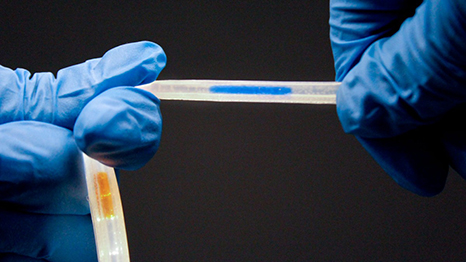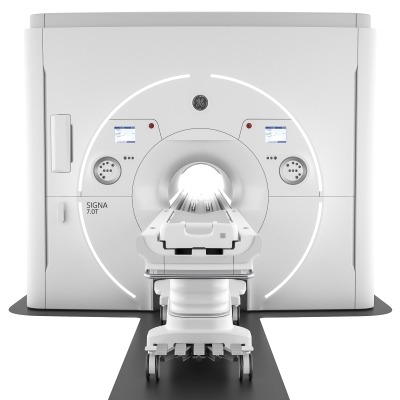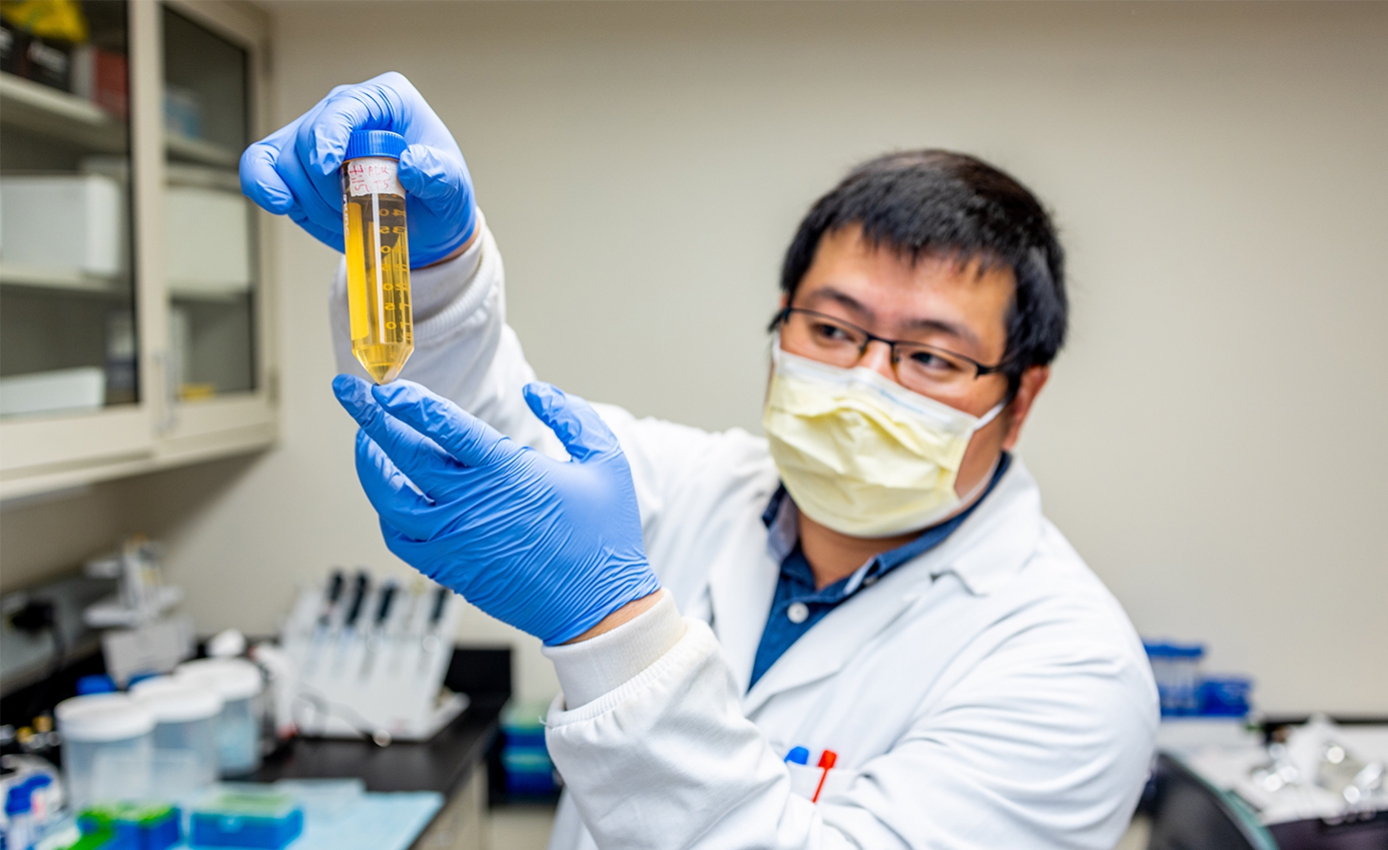Researchers at Cornell University have developed stretchable sensors that can detect sensations such as strain, pressure, and bending, much like human skin. Deformation is measured through changes in optical paths within the flexible fiber optic sensors. By providing a sense of ‘touch’, the sensors could provide additional functionality for medical soft robots or prostheses and also be useful in measuring forces in physical therapy and sports medicine. Allowing machines to physically feel and explore their environment by mimicking the tactile…
















